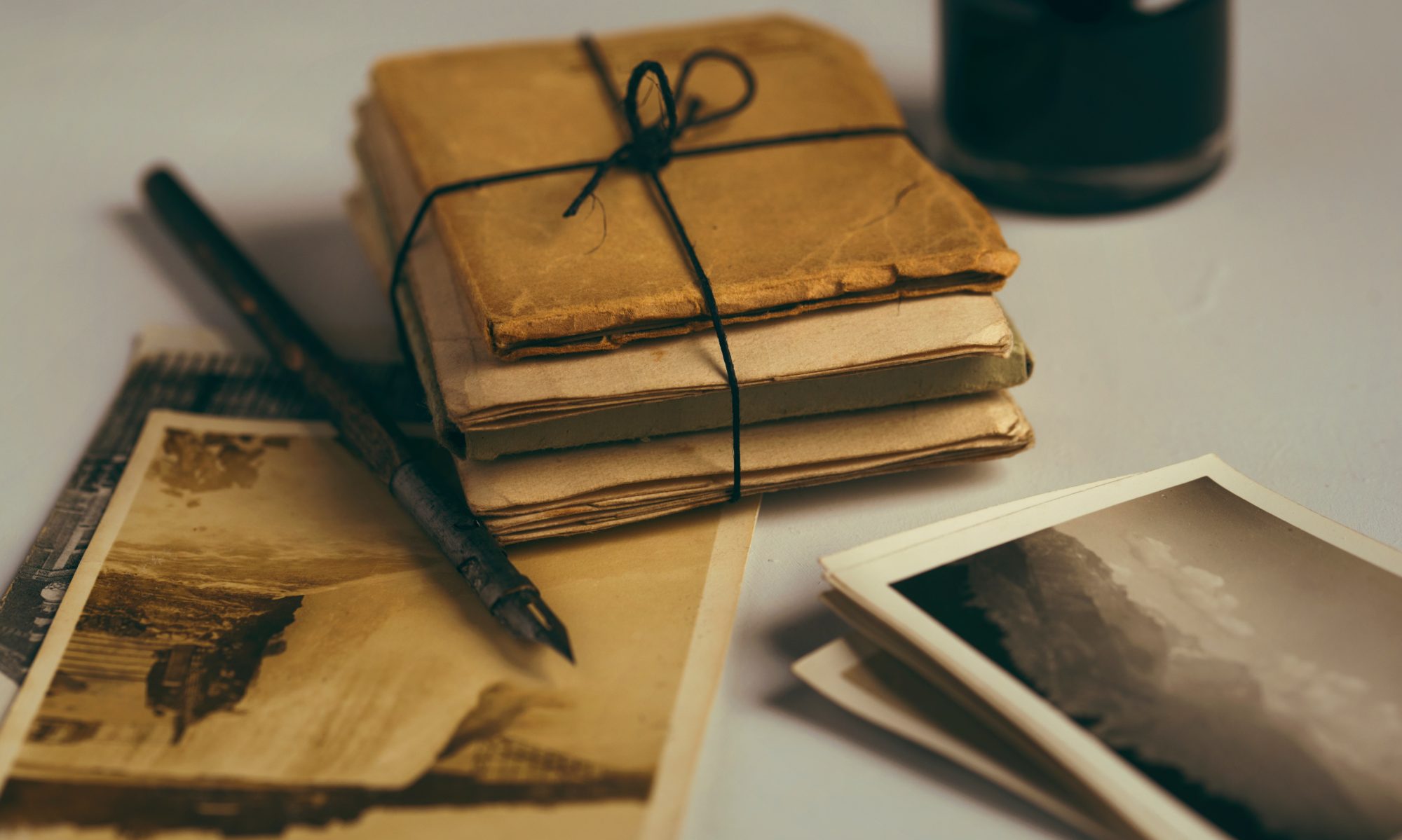
As with all passions that have an academic component it is important to keep your education in genealogy up to date. People often think that because it is in the past and records won’t change if they’ve been there for hundreds of years, that they do not need to undertake genealogy study, whether formal or informal.
After 30 years of research, I was a seasoned genealogy hobbyist. My love of reading and natural curiosity meant I spent a lot of time in books, journals and online on my areas of interest and genealogy in general. Then I decided to take the plunge and do some formal education in genealogy.
First I completed the excellent University of Strathclyde six week course which is free of charge. Then suitably excited by that, I enrolled for the University of Tasmania’s Diploma in Family History, which helped cement the notion of taking my passion professional. Now I am in the position of wanting to go further still with my formal education and deciding between the multiple options available! No matter how much experience you have there is always more to learn. Learning about resources and techniques will help you break down some of those brick walls we all have!
Informal Education in Genealogy
Of course, not everyone wants to commit the time required to do a formal course. Even if you are someone who loves genealogy but doesn’t have a lot of spare time or money, there are many options available to advance your informal education in genealogy, many of them free or very good value!
- You might subscribe to magazines and journals (such as those produced by Family History Societies) that you can dip into when you feel like it.
- You could attend seminars and conferences in your local area (there are often even talks at local libraries!).
- You might attend webinars online.
- Consider joining Facebook groups dedicated to your area of research.
What Has Me Excited Right Now?
Here are three opportunities for some informal education that are all time-sensitive, hence their special mention today. Two of them are free right now and the other is great value!
1) Family History Down Under
This conference is a year away but has a super-earlybird special price which finishes today. So get in quick if this one is for you!
Family History Down Under takes place between 22-26 March 2021 on the beautiful Sunshine Coast in Queensland, Australia. Do not assume that a conference held in Australia will only cover Australian content. Although there will be quality Australian genealogists presenting, there are some amazing speakers from across the globe taking part. Most of these I can recommend from personal experience! Anyone with a serious interest in genealogy will be familiar with at least some of these names: Judy Russell (The Legal Genealogist), Cyndi Ingle (Cyndi’s List), Paul Milner, Chris Paton, Blaine Bettinger (DNA Central), David Rencher (FamilySearch) and Maurice Gleeson. What a fantastic mix of expertise across locations, methodologies and styles!

This conference is being organised by the team at Unlock the Past, who were responsible for organising the genealogy cruise I enjoyed so much last year! The cost of the conference is $A695, but until the end of today, you can reserve yourself a spot for $A495, saving a whopping $A200!
2) Trove Upgrade Preview Webinar
We all love Trove, right? How exciting is it to find references to our ancestors in newspapers? This free repository of historical Australian newspapers is a firm favourite in most Australian researchers’ resource lists. And it’s getting an upgrade! From June it will be easier to use, making it simpler to find what you are looking for.

This week, I attended a webinar all about the impending upgrade. So why are they telling us about it now? Well, because there is an opportunity to use the new interface and provide feedback starting from today!
The new Trove will be available for 10 days only. I really recommend you check out the webinar. It is free on the National Library of Australia YouTube channel which is full of great educational material. Then go and see what you can find on the new Trove while it is open.
3) Best Practices for Success in Facebook Groups for Genealogy Webinar
This webinar by the wonderful Cyndi Ingle was held yesterday, but the recording is free to access just for the next week here. This will help you to navigate the 14,500 genealogy-related groups on Facebook and get the most out of what they offer. It is hosted by Family Tree Webinars where you can also find many other genealogy webinars to watch. To get the best out of the site you will need a subscription though.

So, there’s a few ideas for things you can do to keep educating yourself in family tree research. Here’s to lifelong learning!


























